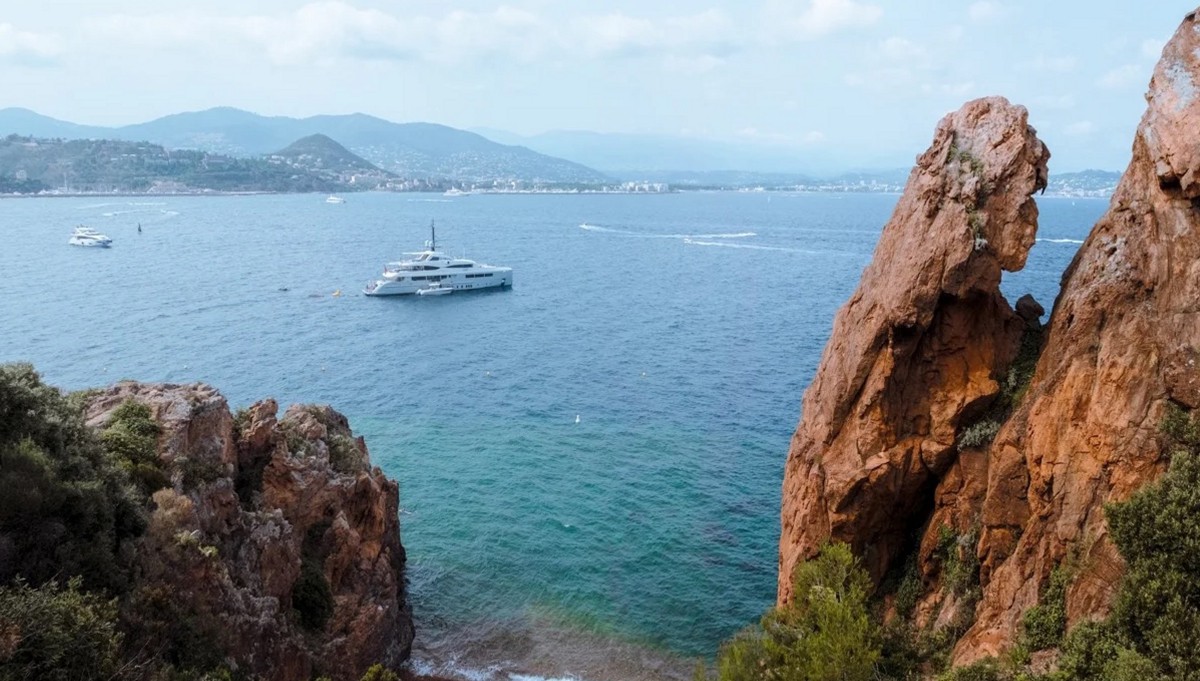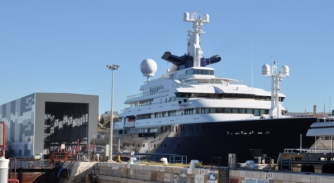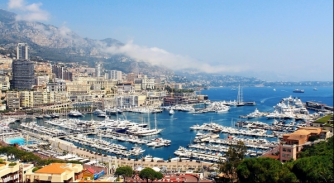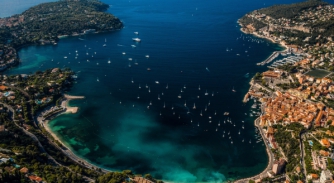New anchorage guidelines for captains
New anchorage regulations in the South of France have caught a number of yacht captains by surprise, according to PYA…

The Professional Yachting Association (PYA) has issued new guidelines to captains operating in the South of France, following the introduction of new anchorage regulations in the region. PYA says the new guidelines were created to reduce risks when anchoring in France near restricted maritime areas, following discussions with captains and the Prefecture Maritime’s office.
Other than in the Bay of St Tropez, the Gendamerie Maritime does not have a large number of vessels on patrol. However, it will rely on radar, AIS and other electronic means to confirm anchoring in restricted areas. It can also rely on visual assessments from sworn officers, on watch in the local radio station (semaphore).
Ultimately, the vessel, anchor and chain must remain outside the restricted area at all times. The anchoring regulations state that if the anchor is outside a restricted area, but the vessel is seen within the restricted area, it is still infringing the regulations.
To avoid breaching the regulations, the PYA recommends:
- Ensure captains and crew have the latest charts, publications and local bylaws.
- Select a safe anchoring area for the vessel.
- Confirm with the local radio station (semaphore) that the vessel is within an authorised area. If not, ask for coordinates for an authorised area. Record the radio exchange with the radio station (their own calls are recorded).
- Take photos of the vessel’s position, from displays on the bridge, and note the latitude and longitude of the anchor position in the Log Book.
- When at sea and at anchor, maintain a listening watch on Channel 16 at all times. According to the PYA’s discussions with the Prefecture Maritime, a number of vessels previously anchored in restricted areas had missed one or two calls from the Semaphore. Being available to contact is extremely important for maritime authorities.
- Mooring buoys are available in Cannes, Beaulieu Sur Mer and Golfe Juan and can be booked via the Donia App.
Prefecture Maritime’s recommendations for captains are:
- Choose sandy areas, easily identifiable by their clear bottom, using sonar.
- If unsure, anchor at a depth greater than 30m in the French Riviera or 40m in Corsica.
- Reverse at a maximum of 0.5 knots and lift the anchor with the bow of the boat directly above it.
- For short mooring periods, avoid using excessive chain length.
- It is important that yachts maintain communication with the radio station (semaphore) at all times.
Notably, as safety is paramount if captains have to seek shelter in a restricted area, they can. However, they will have to demonstrate afterwards that the conditions of the vessel and/or weather were such that they could not avoid anchoring in the restricted area.
Profile links
Professional Yachting Association
NEW: Sign up for SuperyachtNewsweek!
Get the latest weekly news, in-depth reports, intelligence, and strategic insights, delivered directly from The Superyacht Group's editors and market analysts.
Stay at the forefront of the superyacht industry with SuperyachtNewsweek
Click here to become part of The Superyacht Group community, and join us in our mission to make this industry accessible to all, and prosperous for the long-term. We are offering access to the superyacht industry’s most comprehensive and longstanding archive of business-critical information, as well as a comprehensive, real-time superyacht fleet database, for just £10 per month, because we are One Industry with One Mission. Sign up here.
Related news

Palumbo outlines its sustainability commitment
Palumbo Superyachts Refit (PSR) shares its roadmap to sustainable refit sector growth
Crew

YPI CREW celebrates 20 years of yacht crew recruitment
YPI CREW marked 20 years of building yachting careers with a celebration at the historical Bastide du Roy, Antibes
Crew

Advice for crew on Russian-linked superyachts
PYA has provided some advice and useful contact information for superyacht crew on Russian vessels
Crew

Infringement of French environmental regulations labelled 'unacceptable'
Matthias Du Verle, Co-founder of Wolfgang, argues the case for strict environmental regulations
Owner
Related news
Palumbo outlines its sustainability commitment
3 years ago
Advice for crew on Russian-linked superyachts
4 years ago
NEW: Sign up for
SuperyachtNewsweek!
Get the latest weekly news, in-depth reports, intelligence, and strategic insights, delivered directly from The Superyacht Group's editors and market analysts.
Stay at the forefront of the superyacht industry with SuperyachtNewsweek



